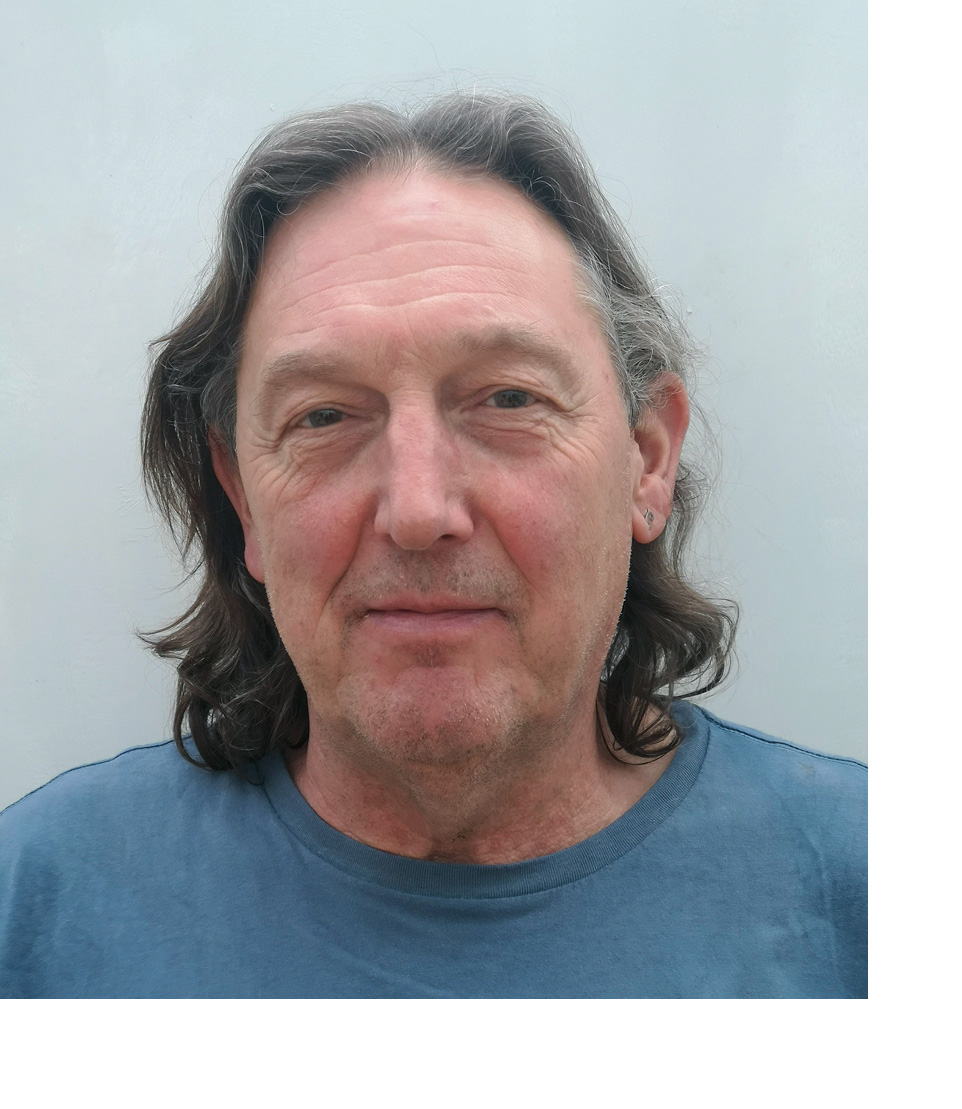
 By Tim Bateman, reader in youth justice at the University of Bedfordshire and chair of the National Association for Youth Justice
By Tim Bateman, reader in youth justice at the University of Bedfordshire and chair of the National Association for Youth Justice
August 2011’s weather was unseasonably chilly with below average sunshine for the time of year. But the four-day period from the first weekend of the month was anything but cool.
Rioting began in Tottenham in London on the evening of Saturday 6 August following a protest about the fatal shooting of Mark Duggan by police two days earlier. Disorder spread over the course of the evening to other London boroughs and continued across the capital on Sunday.
Register Now to Continue Reading
Thank you for visiting Children & Young People Now and making use of our archive of more than 60,000 expert features, topics hubs, case studies and policy updates. Why not register today and enjoy the following great benefits:
What's Included
-
Free access to 4 subscriber-only articles per month
-
Email newsletter providing advice and guidance across the sector
Already have an account? Sign in here

